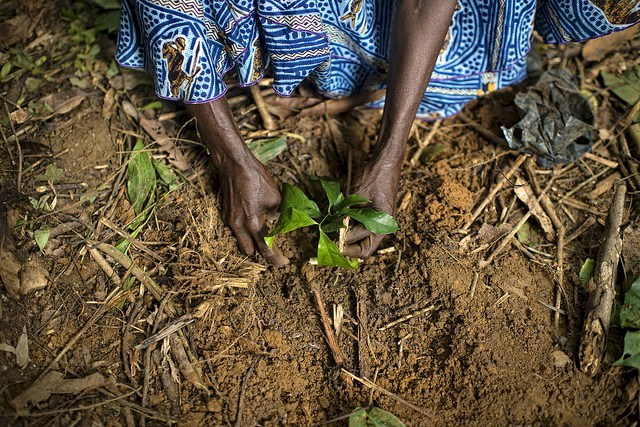Plantations International Information

Pop quiz: just how much land in developing countries do females own?Less compared to
- one per cent
- 2 to five per cent
- 10 each cent
- I do not know
This was the opening up inquiry positioned to the team compiled at the high session on gendered perspectives on land rights at this year’s Worldwide Landscapes Online forum. The moderator, James Astill of The Economist, reviewed out the choices and also counted the hands.Option A had a solid minority, B was similar, C had a few optimists aboard, as well as the continuing to be hands in the space increased for D. When the question was fielded to the panel, they dispersed themselves amongst the selections in an equivalent proportion.Nearly every participant in the area joined in laugher when Astill disclosed the proper response:”We simply aren’t sure. “The introduction was a referral to the”zombie statistics”which have been circling around the internet, promoting unreliable numbers. However as very difficult as those numbers have been to kill, the reality of the scenario is merely as complicated. The truth that we still aren’t sure how much land is really possessed by females worldwide is reflective of the general state of expertise we carry females’s activities.Essentially, we do not have adequate information.Esther Mwaura-Muiru, owner as well as organizer for GROOTS Kenya, spoke about the significance of archiving the influence females currently have in their neighborhoods. An important part of increasing women’s rights is in,”females making a track-record of what sort of investments they are making on that land,”stated Mwaura-Muiru. She explained their job ares located that, “when females have actually had the ability to make use of land correctly they negotiate for joint-titling.”Giving females the tools
to gather evidence for their contributions raised
their political agency. When they have much more control over land usage, they are much better able take advantage of opportunities to add to their livelihoods, and also the incomes of their families.But examining official land ownership has not verified to be a silver-data-bullet for the zombie statistics, neither for agricultural growth programs aiming towards raised gender equity. Mapping source usage– as opposed to strictly formal land period– among males as well as females increasingly presents to that they each have different top priorities and capacities. Baseding on Ruth Meinzen-Dick, an organizer at CAPRi, one fault for the lack of information on females may be associated to the innovative and resourceful strategies they take as a result of their marginalization, which is not constantly as conveniently and also readily quantifiable.When a team of ladies and males in Cambodia were asked to give a map of just what kinds of sources they obtain from where, the females invested nearly three times as long attracting up their maps. Completion product included”great deals of comprehensive resources … utilizing the interstitial rooms … where there are bunches of wild vegetables, or leafed eco-friendlies that are high in nutrition or medical plants, resources that are typically neglected.”On local, national, as well as international scales, as the instance of Cambodia shows, researchers do not yet recognize exactly what just what tasks women are participating in, as well as where those tasks are occurring. If this info is showing to be crucial to equipping them with the devices to require their own equality, then it is in our passion to start accumulating it, and also fast.The title of the session,”This land is our land, “is a recommendation to the well-known 1940s American individual tune written by Woody Guthrie, which faced the realities of displacement and landlessness
in the Great Depression- and also World Battle Two-era United States, and the musicians ‘desires for a much more egalitarian future.This reference, as a part of the title of the session, fits today when experts discuss equitable land rights in agricultural development. Overcoming these obstacles will call for the collective, coordinated efforts of NGOs, researchers, policy-makers, neighborhood members, and also sponsors– throughout sectorial limits as well as geographical borders.As advancement programs, which progressively intend to address gender injustice in their research methods and also program implementation techniques, come back with favorable connections between healthy landscapes and gender-equitable period, the evidence ends up being obvious. Understanding and also documenting ladies’s contributions to landscape health can raise their political as well as financial agency, helping not only them, however likewise the neighborhoods where they work.Moving onward, healthy ecological communities may be the ones where” this land is produced you and me.”Plantations International
